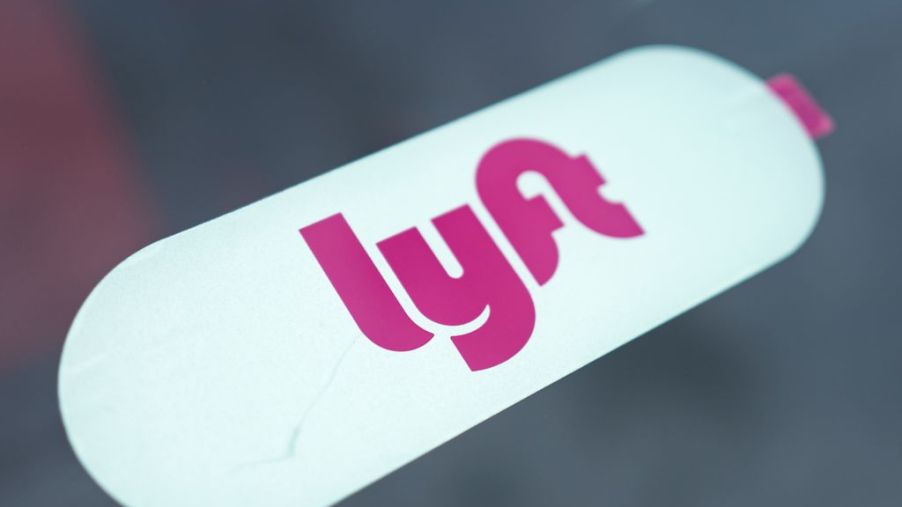
Hyundai Teams up With Lyft to Offer Owners a New Perk
Hyundai’s new deal with Lyft will allow customers to order Lyft rides while their cars are being serviced, without having to download the Lyft app.
This announcement comes after a long few years for Lyft, as it has struggled to gain market share in an industry that it arguably created. Lyft entered the Stock Exchange before Uber, after all, yet has constantly struggled to keep up.
This new deal with Hyundai offers not only convenience to maintenance customers but also a great second chance for Lyft to make up for lost time.
How does it work?
Dealerships will be able to sign up for Hailer, an app jointly developed by Lyft and CDK Global that allows companies, rather than people, to hail a rideshare. Hyundai dealerships across the nation are getting on Hailer as a way to provide Lyft rides to customers without the customers downloading the app and doing the work themselves.
Once customers use the ride, it’s up to the individual dealership to decide whether or not the price is included. Some will choose to add in a small fee, some may charge the full price as a separate line-item on the repair bill, and some are offering the rides as a complimentary service.
Regardless of fee structure, one thing stays the same; the customer is paying through the dealership, not on their own phone or their own Lyft account.
Hyundai is setting the trend
Although Hyundai is the first company to formally announce a partnership, the new Hailer interface will soon be available to many other dealerships. According to its parent company CDK Global, the long-term plan for the application is to offer “alternative transportation” to “thousands of U.S. auto dealerships.”
The secret weapon that allows the platform to potentially connect to so many car manufacturers is the Fortellis Automotive Commerce Exchange Platform, the leading automotive industry software that is common to most dealerships, OEMs, and automotive software developers.
Linking Hailer to this existing technology will allow easy integration into other dealerships. In the next 10 years, every dealership in the country might provide rideshares via the same platform. But for now, Hyundai is setting the trend.
Lyft has a bigger end goal
Linking Lyft with auto dealerships is a clever idea but not necessarily groundbreaking. Some of the projects that Lyft is working on with car companies, however, have the potential to completely revolutionize how cars are bought and sold in America. One such idea is linking rideshare services with autonomous vehicles, a futuristic concept that Lyft has already started developing with Ford.
Unlike other car companies, which have focused on developing semi-autonomous capabilities like hands-free parking and traffic cruise control, Ford has a unique mission: develop a fully autonomous vehicle that needs no human intervention whatsoever. Anticipating that 90% of automotive mileage will be driven by fully autonomous vehicles by the end of the decade, this project comes at a good time.
Lyft is building the other end of the bridge by connecting Ford’s cars with the people who need to drive them. In an age of autonomous vehicles, the concept of “ownership” is blurred, and it is anticipated that less and less people will buy their own automobiles.
To capitalize on this, Lyft’s deal with Ford combines the two companies’ work, research, and expertise in autonomous vehicles to accelerate the process now and provide the perfect way to circulate the cars later.
With these two cutting-edge partnerships from Lyft, the future seems bright for both the rideshare industry and the autonomous car industry. Soon enough, these same announcements might come out from different combinations of rideshare and car companies, creating an even more competitive market that is poised for growth.


